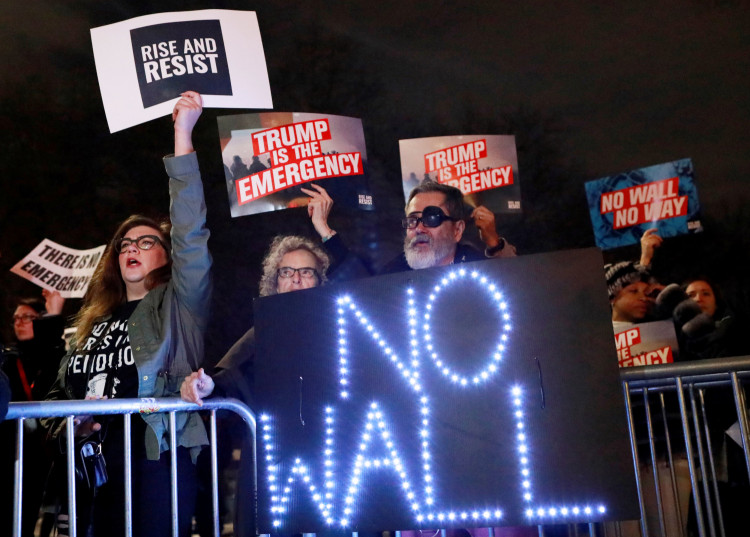Despite clear signals to the contrary, United States investors remain unduly optimistic Mexico and the United States will be able to craft a mutually agreeable deal that will stave-off president Donald Trump's new 5% tariffs on June 10.
Following two days of fruitless talks with Mexico, White House officials are now downplaying the likelihood a deal to avert the tariffs will be in place before Monday. This follows alarming reports U.S. and Mexican officials on Thursday again failed to reach a deal.
The Mexicans remained pessimistic about any preliminary deal being reached before June 10.
"We don't have yet an agreement. So tomorrow morning we are going to keep working," said Mexican Foreign Secretary Marcelo Ebrard.
"Options continue to be explored," later tweeted his spokesman, Roberto Velasco. "The stance of the United States is focused on measures of migratory control, ours on development."
Ebrard also said the Mexican government had offered to send 6,000 members of the National Guard to secure its southern border with Guatemala.
It's been revealed Mexico has prepared a list of U.S. products that will face retaliatory tariffs if Trump imposes his new tariffs on Monday. Mexico's tariffs will target U.S. products from agricultural and industrial states that are Trump's electoral base.
This is the same tactic China used when it imposed its own retaliatory tariffs starting in 2018. Like the Chinese, the Mexicans intend to damage Trump's 2020 re-election bid with their targeted tariffs aimed at inflicting economic pain on Trump's electoral base.
By expanding his trade war with Mexico, Trump wants to show his electoral base progress is being made on his 2016 campaign promises to limit immigration by non-whites into the U.S.
U.S. pig farmers rightfully fear Mexico will hike tariffs on U.S. pork. Mexico bought more than $1.5 billion worth of American hams and other pork products in 2017, making it the sector's top export market by volume.
"People are really scared," said Nick Giordano, vice president and counsel for global government affairs at the National Pork Producers Council. "This is generating a tremendous amount of uncertainty and potentially if this goes forward, it's going to be a financial turmoil."
During Thursday's failed talks, vice president Mike Pence said Mexico had offered "more" but said it's up to Trump to decide if these Mexican concessions are enough.
"There has been some movement on their part. It's been encouraging," said Pence, without specifying these concessions. "The discussions are going to continue in the days ahead."






